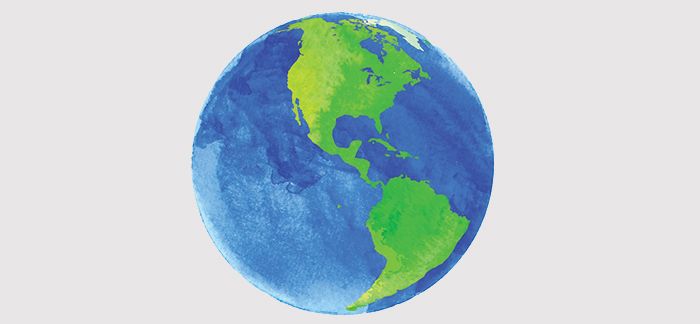Almost 70% of world trade is carried out through global value chains (GVCs), the United Nations Conference on Trade and Development (UNCTAD) reported on Wednesday.
In general, in GVCs production crosses at least one border, and generally many borders, before final assembly.
Growth in global GVC-related trade has translated into significant economic growth in many countries worldwide over the past two decades, driven by reductions in transportation and communication costs and lower trade barriers.
Globalization has brought profound changes in world trade in the past 50 years.
In this period, according to UNCTAD, the volume of world trade has not only tripled, but has also changed in form and complexity.
GVCs have become a link between trade expansion and development. International fragmentation has led to intense participation by emerging and developing economies that participate in GVCs.
World trade
UNCTAD estimated that value-added trade in developing countries contributed on average with almost 30% of countries’ GDP, compared to 18% in developed countries.
However, UNCTAD noted, participation in GVCs does not automatically generate an overall economic improvement, especially when considering economic losses caused by environmental damage that may have been caused by GVCs.
“Commerce needs complementary tools, and the Voluntary Sustainability Standards (VSS) is one of them. VSS can help empower developing countries to use GVCs effectively to achieve the Sustainable Development Goals (SDGs), ”said UNCTAD.
Clearly, he added, the importance of GVCs in the world economy, combined with their paradoxical pre and post-COVID-19 side effects, can be considered as one of the most cited reasons why sustainable value chains (SVCs) are needed. ).
While there are many instruments that work in favor of SVCs, the focus of the United Nations Forum on Sustainability Standards (UNFSS) to achieve this goal lies in the complementary interaction between SVCs and VSSs.
Another conclusion is that the benefits of world trade and GVCs have not always been accumulated for everyone.

